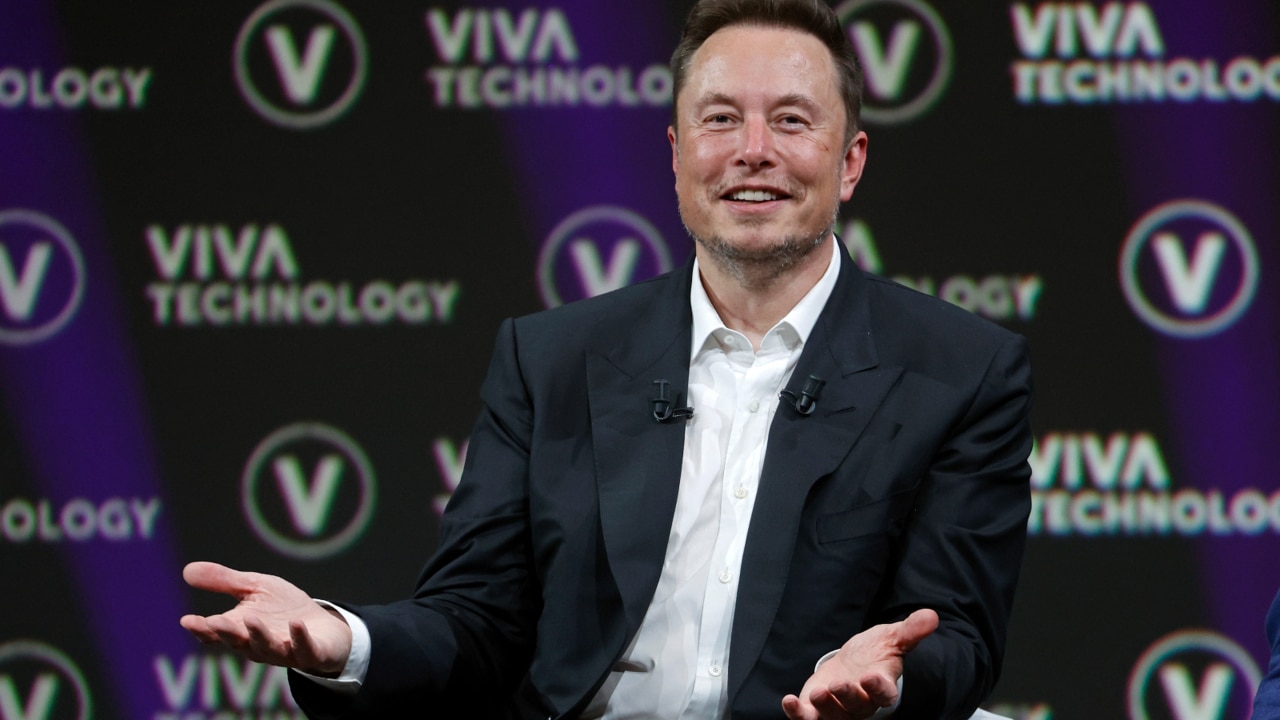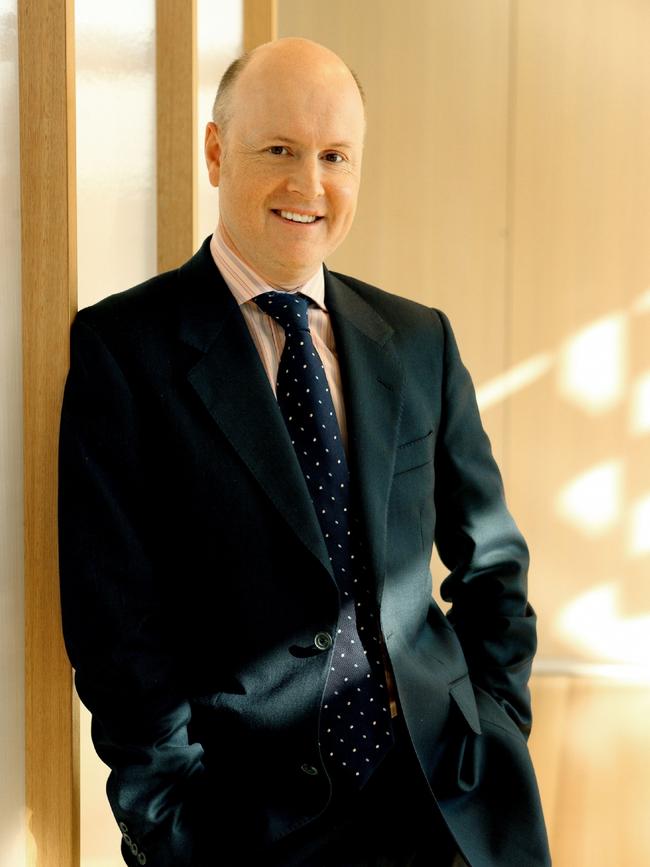$1.8bn TPG-Telstra knock-back freed Optus to consider SpaceX deal
After signing a satellite deal with Elon Musk’s SpaceX, the nation’s second largest telco says it stands by all of its claims regarding the rejected TPG-Telstra network sharing plan.

Optus has hit back at rival telcos who claimed its opposition to a $1.8bn network-sharing deal between TPG and Telstra was “non-genuine” and that the nation’s second-largest telco was not actually planning to pull back its investment in regional Australia.
Criticism began to flow late on Wednesday after the telco signed a new deal with Elon Musk’s SpaceX to use soon-to-be-deployed satellites that can connect directly to its customers’ handsets, in a bid reach to 100 per cent land coverage across the country.
Optus hit back at comments from TPG on Thursday in which an executive accused Optus of being “scared” of TPG gaining further market share.
“We stand by everything we said to the ACCC (Australian Competition & Consumer Commission) and the Tribunal and were vindicated by the decisions and judgments from both entities,” Optus vice-president of regulatory and public affairs Andrew Sheridan said.
Mr Sheridan claimed the knock-back of the $1.8bn network-sharing plan by both the ACCC and the Australian Competition Tribunal allowed Optus to move forward with regional investment and deals, including its new partnership with SpaceX.
“The decision to oppose the anti-competitive Telstra-TPG arrangement and the resulting Tribunal determination that such a merger was both anti-competitive and would ultimately hurt Australian telco customers gave us the certainty to proceed with our regional investment program (which we are doing) and to consider more innovative arrangements such as this,” he said.

TPG general manager of external affairs James Rickards on Wednesday criticised the Optus-SpaceX deal and questioned Optus’s initial claims that it would pull back on regional investment and its 5G rollout if the TPG-Telstra networking sharing went ahead.
“Optus was never genuine in its claims to pull out of regional Australia; it was simply scared of competing with a stronger TPG Telecom,” Mr Rickards said.
“We have long argued investing in terrestrial towers is not the future of mobile connectivity in Australia alone, and this is now proving out.
“This further demonstrates the ACCC decision on our network-sharing deal has only entrenched the mobile duopoly in regional Australia.”
However, Mr Sheridan hit back at that claim, saying the new satellite deal provided service to a limited number of people in areas without coverage.
“This arrangement deals with the 1 per cent not the 99 per cent. The SpaceX deal is aimed at providing coverage in those parts of Australia where there is no coverage today and doesn’t impact the areas that were subject of the ACCC/ACT analysis (ie the Regional Coverage Zone from 80 to 98.8 per cent population coverage),” he said.
“Contrary to what our competitors may allege, if this arrangement results in us winning more customers then it will allow us to increase our investment in more traditional networks.”
SpaceX would “always be a complement and not a substitute for terrestrial mobile services”, Mr Sheridan said.
A Telstra spokesman on Thursday said the company would also look to establish direct-to-handset capability and was “committed to bringing this technology to customers at the right time and in the best way”.
“It is important to note that while the technology is exciting and will be capable of reaching remote parts of the country, it will augment the range of services on offer but won’t replace terrestrial mobile networks,” he said.
“We have the largest mobile network in Australia, but there will always be places that are hard to reach, which is why we’re similarly collaborating with LEO sat providers on new ways for people in remote locations to connect.”
Telstra announced a deal with Starlink 11 days ago which would allow customers of the nation’s largest telco to access data and voice services. The deal would require customers to purchase specific hardware from Starlink.
Michelle Lim, chair of industry association Commpete, said the use of satellites by telcos would “significantly tackle the high barriers to entry” in underserved parts of Australia”.







To join the conversation, please log in. Don't have an account? Register
Join the conversation, you are commenting as Logout